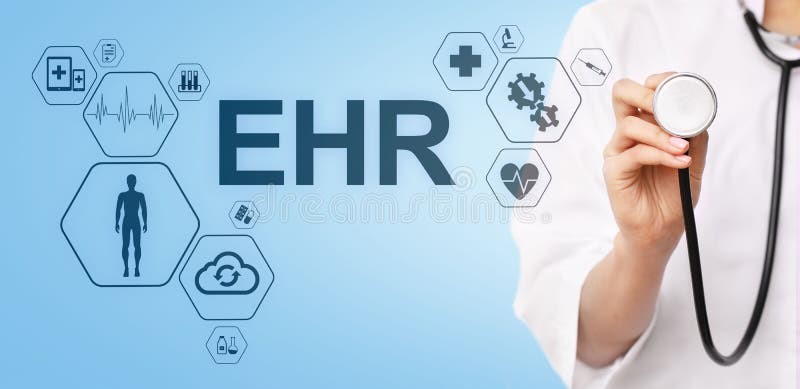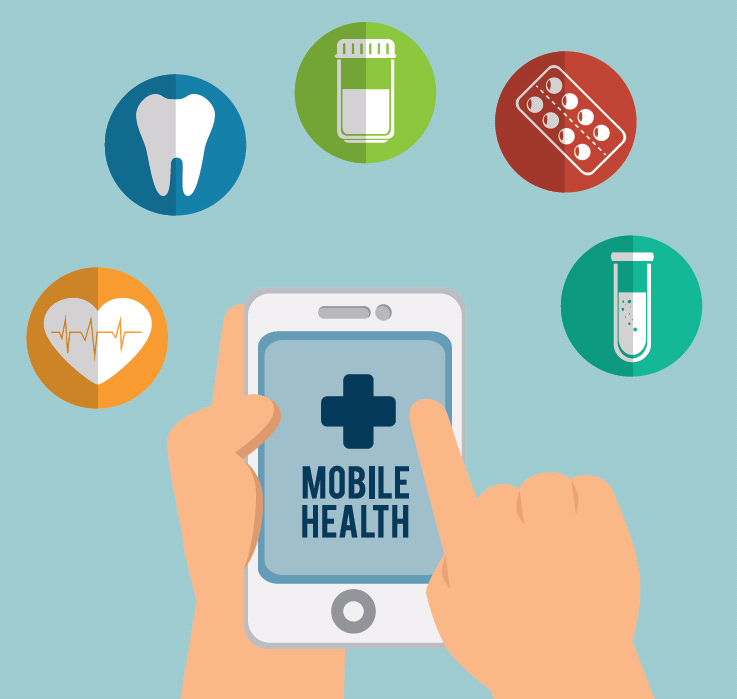In recent years, the landscape of healthcare has been significantly transformed by the surge in mobile health apps. These digital tools, accessible through smartphones and tablets, have revolutionized the way individuals manage their health, offering unprecedented convenience and personalized care. This article delves into the key trends driving the growth of mobile health apps, shedding light on how these innovations are reshaping the healthcare industry.
The Rise of Mobile Health Apps
The proliferation of smartphones has been a major catalyst for the growth of mobile health apps. With over 3.8 billion smartphone users worldwide as of 2021, the potential reach of health apps is vast. These applications address a wide array of health needs, from fitness tracking and mental health support to chronic disease management and telemedicine services. The COVID-19 pandemic further accelerated the adoption of mobile health apps, as individuals sought remote healthcare solutions to minimize exposure to the virus.
Key Trends in Mobile Health Apps
1. Telemedicine and Remote Monitoring
One of the most significant trends in mobile health apps is the rise of telemedicine. Telemedicine apps enable patients to consult with healthcare providers remotely, using video calls, chat, or phone calls. This trend gained momentum during the COVID-19 pandemic, as social distancing measures and lockdowns made in-person visits challenging.
Remote monitoring is another aspect of this trend. Mobile health apps equipped with wearable technology, such as smartwatches and fitness trackers, allow continuous monitoring of vital signs like heart rate, blood pressure, and glucose levels. This data can be shared with healthcare providers in real-time, facilitating timely interventions and personalized care plans.
2. Artificial Intelligence and Machine Learning
Artificial Intelligence (AI) and Machine Learning (ML) are increasingly being integrated into mobile health apps to enhance their functionality. AI-powered apps can analyze vast amounts of data to provide personalized health recommendations, predict potential health issues, and even assist in diagnosing conditions. For instance, some apps use AI to analyze skin lesions and detect early signs of skin cancer with high accuracy.
Machine learning algorithms can also improve the accuracy of health tracking apps. By learning from user data, these algorithms can offer more precise insights and suggestions. This trend is particularly evident in fitness and nutrition apps, where personalized workout plans and dietary recommendations are becoming more sophisticated.
3. Mental Health and Wellness
Mental health has emerged as a critical focus area for mobile health apps. The increasing awareness of mental health issues and the stigma associated with seeking help in person have driven the demand for digital mental health solutions. Mobile apps offering therapy sessions, meditation, stress management techniques, and mood tracking have gained popularity.
These apps provide users with accessible resources to manage their mental well-being, often at a lower cost than traditional therapy. Some apps also offer AI-driven chatbots that provide real-time support and crisis intervention, making mental health care more immediate and accessible.
4. Chronic Disease Management
Managing chronic diseases such as diabetes, hypertension, and asthma can be challenging. Mobile health apps are playing a crucial role in helping patients monitor and manage these conditions. These apps offer features like medication reminders, symptom tracking, and educational resources to empower patients in their self-care journey.
For example, diabetes management apps can track blood sugar levels, provide dietary suggestions, and even connect users with healthcare providers for regular check-ins. By facilitating continuous monitoring and providing actionable insights, these apps help improve patient outcomes and reduce the burden on healthcare systems.
5. Integration with Electronic Health Records (EHR)
The integration of mobile health apps with Electronic Health Records (EHR) systems is another significant trend. This integration enables seamless sharing of patient data between the app and healthcare providers, ensuring that medical records are up-to-date and comprehensive.

For patients, this means that their health data from various sources, such as wearable devices, fitness apps, and telemedicine consultations, can be consolidated into a single, accessible record. For healthcare providers, it enhances the ability to deliver coordinated and informed care, improving overall patient outcomes.
6. Personalized Health and Precision Medicine
The concept of personalized health and precision medicine is gaining traction in the realm of mobile health apps. These apps leverage data from various sources, including genetic information, lifestyle factors, and health history, to offer tailored health recommendations and interventions.
For instance, some apps analyze genetic data to provide personalized fitness plans or nutritional advice. Others use data from wearable devices to offer customized exercise routines based on an individual’s activity levels and health goals. This trend towards personalization is making healthcare more relevant and effective for each user.
7. Regulatory Compliance and Data Security
With the growing use of mobile health apps, ensuring regulatory compliance and data security has become paramount. Healthcare data is highly sensitive, and any breach can have severe consequences. As a result, developers of mobile health apps are increasingly focusing on implementing robust security measures and complying with regulations such as the Health Insurance Portability and Accountability Act (HIPAA) in the United States, and the General Data Protection Regulation (GDPR) in Europe.
Encryption, secure data storage, and regular security audits are some of the measures being adopted to protect user data. Additionally, transparency in data usage policies and obtaining informed consent from users are critical aspects of maintaining trust and compliance.
8. Gamification and User Engagement
To enhance user engagement and adherence to health routines, many mobile health apps are incorporating gamification elements. Gamification involves using game-like features such as rewards, challenges, and leaderboards to motivate users to achieve their health goals.
For example, fitness apps may offer virtual badges for completing workouts or reaching step count milestones. Health apps focused on medication adherence might provide points or rewards for taking medications on time. By making health management more interactive and enjoyable, gamification helps sustain user interest and commitment.
Conclusion
The growth of mobile health apps is a testament to the transformative power of technology in healthcare. From telemedicine and AI-driven diagnostics to personalized health recommendations and mental wellness support, these apps are redefining how individuals manage their health. As technology continues to evolve, we can expect even more innovative solutions that will further enhance the accessibility, efficiency, and effectiveness of healthcare services.
The trends highlighted in this article underscore the potential of mobile health apps to improve patient outcomes, reduce healthcare costs, and empower individuals to take charge of their health. As the adoption of these digital tools continues to rise, the future of healthcare looks increasingly connected, personalized, and patient-centric.




